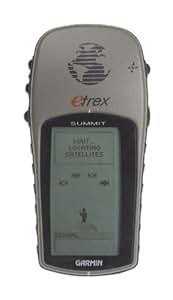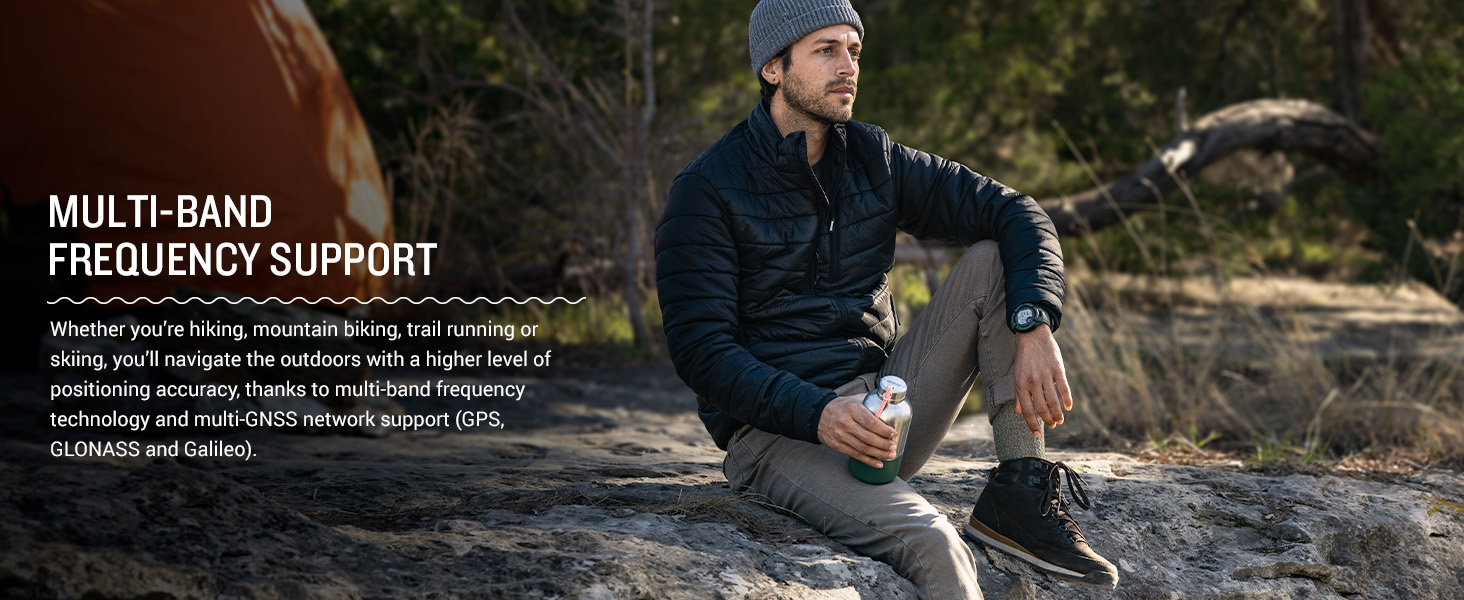In today’s technologically advanced world, GPS trackers have become increasingly prevalent, not just for personal use, but also in investigations and legal proceedings. Their ability to pinpoint location data with remarkable accuracy makes them a potentially powerful tool in building a strong case. However, the admissibility of GPS tracking data in court requires careful consideration of several factors. This guide delves into the intricacies of using GPS trackers as evidence, addressing key legal and practical aspects.
Admissibility of GPS Tracking Data in Court
The admissibility of any evidence, including data from GPS trackers, hinges on its relevance and reliability. The court must be convinced that the data accurately reflects what it purports to show and that it’s directly relevant to the case at hand. This means demonstrating the chain of custody—that the tracker’s data hasn’t been tampered with from the moment of collection to its presentation in court. Proper documentation, including the device’s calibration records, installation details, and data logs, is critical. Furthermore, the data must be presented in a clear, understandable format, often requiring expert testimony from a data analyst or forensic specialist.
Ensuring Data Accuracy and Reliability

The accuracy of GPS data is paramount. Several factors can influence its precision, including signal interference from buildings or dense foliage, atmospheric conditions, and the quality of the GPS tracker itself. Using a high-quality, reliable tracker from a reputable manufacturer significantly reduces the likelihood of errors. Regular testing and calibration of the device are also recommended. Moreover, corroborating the GPS data with other forms of evidence, such as witness testimony, photos, or video footage, strengthens the overall case significantly.
Addressing Privacy Concerns

The use of GPS trackers raises significant privacy concerns. Surveillance must be conducted in accordance with all applicable laws and regulations. In many jurisdictions, obtaining a warrant is required before placing a tracker on a person’s vehicle or property without their knowledge or consent. Exceptions may exist in specific circumstances, such as with the consent of the individual being tracked or in cases where there’s a clear and present danger. Ignoring privacy regulations can lead to the evidence being deemed inadmissible and potential legal repercussions for the party employing the tracker.
Best Practices for Using GPS Trackers in Legal Investigations
To maximize the effectiveness and legal soundness of using GPS tracking data, follow these key practices:
- Consult with legal counsel: Before deploying any GPS tracker, seek advice from a legal professional to ensure compliance with all relevant laws and regulations.
- Maintain meticulous records: Document every step of the process, including the purchase and calibration of the device, its installation, data collection, and storage. A clear chain of custody is essential.
- Choose a reliable tracker: Opt for high-quality GPS trackers from reputable manufacturers, known for their accuracy and reliability.
- Secure data appropriately: Protect the collected data from unauthorized access or alteration. Use secure storage methods and password-protect all sensitive information.
- Prepare for expert testimony: In most cases, you’ll need an expert witness to explain the technical aspects of the GPS tracker and the data it generated. This expert should be able to address potential challenges to the data’s accuracy and reliability.
GPS Tracker Data as Supporting Evidence

It is important to remember that GPS tracking data is often most effective as supporting evidence rather than standing alone. It’s a powerful tool to corroborate other evidence and provide a clearer picture of events. For instance, GPS data might confirm an individual’s location at the time of an incident, strengthening a witness’s account or contradicting an alibi. It might show a pattern of behavior or movement related to a crime, further supporting the prosecution’s argument.
Comparing Different GPS Tracker Technologies
The market offers various GPS tracker technologies with differing capabilities and accuracy. Some utilize cellular networks for data transmission, while others rely on satellite signals. Factors to consider include battery life, data storage capacity, tracking frequency, and the type of interface used to access the data. Each type has strengths and weaknesses; the ideal choice depends on the specific requirements of the investigation.
The Role of Expert Testimony

As mentioned earlier, expert testimony is crucial in presenting GPS tracking data effectively in court. An expert can explain the technical aspects of the tracker, validate the accuracy of the data, and address any challenges to its admissibility. This expert might be a forensic scientist, a data analyst, or a GPS technology specialist. They can break down complex technical information in a way that is understandable for the judge and jury.
GPS trackers offer a powerful tool for gathering evidence in legal cases, offering a detailed record of location and movement. However, their effective use requires careful planning, meticulous record-keeping, and adherence to legal and ethical standards. Understanding the intricacies of admissibility, data accuracy, and privacy concerns is crucial for leveraging this technology effectively and ethically, while ensuring that the evidence gathered stands up to scrutiny in court.


